US inflation woes tied to capitalist system
The annual inflation rate in the United States of America has hit a 30 year high amid the Coronavirus pandemic, as well as a glitch in the supply chain.
Supply chain disruptions across the country have been driving up prices and leading to a growing shortage of goods.
The US government maintains hopes that inflation could fall close to 2% by the end of 2022. Yet a plethora of economic analysts find such a scenario very unlikely.
US officials are pinning their hopes on controlling the pandemic, which they believe is the main factor in controlling the runaway inflation presently gripping the US.
The US Federal Reserve is meanwhile shifting towards a tighter monetary policy to battle rising inflation amid a supply chain snarl.
In this article we shall investigate inflation, why it is rising, who is to blame and what can be done about it.
As inflation ravages the nation one often heard line of defense from the Biden administration is that the phenomenon of rising prices is a global issue. The US president also blames inflation on the COVID 19 pandemic, which has indeed heavily impacted the economy of all nations.
Policymaking also plays a key role in the way that prices are escalating, particularly as the gap between liberals and conservatives has been widening steadily since the race for the 2016 presidential election, which Donald Trump won.
With the situation as it currently stands, there is little hope that inflation could be controlled within a short timeframe.
The US inflation rate has risen by 7% in the last year, reaching its highest level since 1982.
There are two main reasons why we have this inflation; one is a supply chain or supply side. Supply Chain means obviously for real goods coming in, you know being imported in the US.
We've got a supply chain problem going on. That's a global problem, not just the US. But the US also has supply problems within its economy domestically, especially with trucking and transport, and warehousing.
In other words, getting the goods once they come into the port, or even if they're produced in the United States, getting them to the places where people actually buy them
Dr Jack Rasmus, Economist and Author, California
No matter who the average consumer blames for rising consumer prices, inflation is definitely creating a political liability for President Biden. Of course factory shutdowns in Asia and overtaxed shipping routes are impeding proper operation of the supply chain, but the nation expects its democratic leader to address the issue.
A large number of economists agree that shut downs and supply chain woes bear some of the responsibility for rising prices. However, they still acknowledge that there must be more to the 40 year record high inflation, leaving many to come to the conclusion that it can be nothing other than poor management by the US government.
How might the rapidly increasing prices for goods and services affect the US economy in the near future?
The rise in the prices of goods and services, it could have a huge effect in the near future for the US economy. I mean, one major effect is, given the fact that it is making it more difficult for individuals to purchase daily goods, it could actually mean that consumption goes down as people are struggling to buy what they normally buy, they will buy less of what they need, and certainly less of what they want, which actually means that sales will go down, which could cause a potential slump in the economy.
I think that is perhaps the biggest, you know, immediate danger, but I think there are a range of other dangers that are also out there. The Federal Reserve will almost certainly start to increase interest rates this year. And that will mean that there are many companies out there that have been, you know, riding on this 'free money', essentially, that the Federal Reserve is handing out to corporate America that probably won't be able to pay their debts and those debts will no longer be rolled over for many of them.
So we could see companies start to collapse.
Eugene Puryear, Breakthough News, Washington
Inflation could really spin out of control and spread into other sectors. There are currently concerns about further inflation and increasing petrol prices, as crude oil prices also hit a seven year high while supply chains failed to keep up with the pandemic driven supercharged demand for goods in the US. Officials are rushing to find a solution, but, so far, to no avail.
Since everything in the United States is produced for a profit, whether it's a luxury good or whether it's something that you absolutely need to live, it's still being hit by the same supply chain issue.
So the real responsibility here is the insatiable appetite for profit in corporate America, and the fact that we don't have a system that keeps stockpiles of crucial and important goods on hand, so that if there are major disruptions, people are still able to get what they need.
So it's really a function of the corporate restructuring we've seen since the 1980s in the United States to drive up profits, but we are seeing that it's very much at the expense of average, everyday people.
Eugene Puryear, Breakthough News, Washington
Those in charge, whether in the federal government, the White House or Congress need to put their differences aside and work together to address the dire economic situation, although the country seems to be thousands of miles away from that scenario at the moment.
Why does the US have supply chain issues, who is to blame, and which strata of society is most affected by it?
The most affected by inflation are the poorest, of course, on fixed incomes, or with low wages that don't get adjusted very well. They're the ones who pay the price and businesses can jack up their prices, as we know they're doing, and wealthy people can move their investments around to protect himself but it's people on fixed incomes, retirees, 50 million people in the country on Social Security.
And then of course, people in the lower wage segments of the economy are most impacted. Who's to blame?
Well, you know, when this COVID hit globally, a lot of capitalist companies in transport, both shipping and ground transport, mothballed a lot of their ships and fleets and equipment and so forth. And then when they came out of it, where were the workers?
Eugene Puryear, Breakthough News, Washington
Trillions of dollars have been injected into the economy during the COVID-19 pandemic; hence a new wave of price increases is hitting US consumers and businesses today.
The initiative was aimed at controlling disrupted manufacturing worldwide, as well as global shortages of key materials. But has it been successful?
There's price gouging going on, you know on top of all that by businesses that can do it that have monopoly positions.
How long is it going to go on? A lot longer than they think because this COVID-great-recession-contraction has changed the economy structurally and fundamentally, both in labor markets and product markets, and soon we will see AI as well, I believe, in the financial asset markets.
So it's going to continue at least through the middle of this year, maybe even later. You know, it's with us for some time.
Dr Jack Rasmus, Economist and Author, California
Massive federal stimulus packages and new spending are often cited by opposing Republicans as major reasons for the current state of inflation. This is while President Joe Biden has clearly said that inflation has "everything to do with a supply chain".
How has the supply chain affected the current inflation rate? And how long might it last?
The supply chain issues, I think, certainly had an effect. I don't know if it's the main effect, but it's certainly a major effect on the inflation issue because when there are a very limited number of goods, and there's a marketplace where money speaks and there's no other form of allocation, no other form of planning to distribute necessary goods, then the price is going to go up as the people who hold the goods are going to sell to the highest bidder.
So I think it's playing a pretty significant role in a number of different industries. And I think that it could go on for some time. And I think it's unclear because since you can't just build a new warehouse or build a new factory or change everything you do overnight.
The nature of how the supply chain is working is something that is going to, at least for the next few months it seems to me, it's something that's going to be very difficult to fix.
Eugene Puryear, Breakthough News, Washington
Inflation is adding salt to the wounds caused by the enduring pandemic and the messy economic recovery. High prices are indeed one of the country's biggest problems as the government appears to be clueless on how to temper the pace of US consumer price growth.
President Joe Biden, who the public view as the one responsible for the spike in prices, has shown little contrition for his handling of the economy.
The COVID and these other forces are related to each other and feeding off of each other. But it's not totally congruent. They're not the same thing.
But when COVID goes away here, or abates a bit, we are still going to have the economic problems.
Dr Jack Rasmus, Economist and Author, California
That this all comes amid a serious decline in Joe Biden's popularity, which hass been steadily falling in nationwide polls with the Consumer Price Index increasing at its highest annual rate since 1982.
The Biden administration officials keep boasting about their economic achievements, such as the Build Back Better initiative, which is still stuck in Congress.
What role does the partisan gap between Republicans and Democrats play in the current economic situation in America?
Well, you know what you got is the end of any kind of fiscal stimulus going on; the Build Back Better bill was shut down by corporate interests, both within the republican and democrat party here. These interests do not want more, more social spending programmes social spending, because in order to do that spending, you got to reverse some of the massive Trump tax cuts. Trump era tax cuts, over $4 trillion in tax cuts in 2017 over 10 years, given to wealthy investors and corporations and bankers. That's that's the thing that they're protecting, above all. That's why you can't get any anything past in terms of more social spending in Congress; those interests have blocked everything.
Dr Jack Rasmus, Economist and Author, California
The latest inflation wave is not unique to the United States; however, other major economies have seen much more modest spikes in prices. If this continues, unfettered inflation could indeed weaken the US global empire and pave the way for aspiring economic powers.
The world's largest economy appears to be in tatters and no specific roadmap for what lies ahead. The issue could most probably turn political during a year in which the Republicans are hoping to gain increased power in Congress, both chambers of which are currently in control of the Democratic Party.
Generally speaking, how is the handling of the US economy by the Biden administration viewed after almost a year into the democratic President's tenure?
I think the Biden administration's handling of the current prices has been, you know, mainly deficient. I think there's some elements that they've done that, you know, do move in the right direction.
I mean, certainly the fact that they've been targeting the role of monopoly, at least rhetorically, targeting the role of monopolies and rising prices, something that's both good, and to some degree, encouraging that I think by and large, the Biden administration has shied away from making the,... forget just making the moves, but even really diagnosing the problem correctly; we haven't seen them really deal in any way, shape or form.
Eugene Puryear, Breakthough News, Washington
As always, there are two basic reasons for rising inflation: supply and demand. While demand remains high in the US, disruptions in the supply chain mean the prices tend to increase, as a result, the demand for certain goods and services is greater than the economy's ability to meet those demands.
In the United States, most of the major industries are controlled by four or five, maybe six at most, companies, and they are using this opportunity of the pandemic in order to increase their prices and to use their monopoly power to gain more and more profits, but that's also driving up prices.
They're deliberately driving up prices.
And the third factor is the long running policy by the US government, the federal reserve in particular, to give huge, huge, huge trillions and trillions of dollars of money to Wall Street banks at very, very cheap rates, which has essentially started to debase the currency.
Eugene Puryear, Breakthough News, Washington
So while the inflation rate in 2020 was 1.23%, the following year, it spiked to more than 7% which decreased the average consumer's purchasing power significantly. The status of weakened consumer purchasing power was evident in a recent video showing looters rating an Amazon delivery van during protests in Los Angeles.
Inflation is running pretty hot, you know, officially at 7% CPI, but it's actually over 10% because CPI index does not really capture the full effect of inflation.
The way it's going to affect the economy is already it will dampen down consumer spending, which is two thirds of the economy. People will pay more in prices won't be able to buy other things.
And consumer spending will have a dampening effect on the first quarter recovery of the US economy, which is already happening, we can see that.
Dr Jack Rasmus, Economist and Author, California
Some believe that US officials would have no way to control the economy other than resorting to more than three interest rate increases in the year 2022.
Policymaking could also open new doors, however, the widening gap in US Congress means stalling initiatives, which of help no one, shall most probably ensue.
Differences between the two major parties are definitely playing a role. And what we're seeing here, supply chain inflation. I mean, just the inability of the governments to really do much of anything if the two parties remain at odds ... it's very difficult to actually promote any sort of policies that might ease the situation here.
And I think certainly a lot of that can be laid at the doorstep of the Republicans. But I also think it is sort of a bipartisan reality that really goes back 30 or 40 years, were these sort of the supply chain practices, the just in time production, were things that were promoted and hailed and facilitated by, you know, the political system in America with a monetary policy of the Federal Reserve, which is playing a role here, has been 100% bipartisan the whole way.
But I do think that the current gridlock is playing a huge role. And I think that quite frankly it means that there is a challenge in producing policy.
Eugene Puryear, Breakthrough News, Washington
Presently lawmakers are working on purely partisan grounds with little care for the average consumers or the final victims of the current situation. All said and done, the US economy could take years to recover.
The supply chain issues in the United States should be laid squarely at the door of corporate America, and everything regarding supply chain issues comes down to something called just in time production… something that actually started earlier in the 1980s in the auto industry.
But now basically every major corporation that is selling anything in America from a store has essentially gone to this mode of dealing with their supply chain, where you don't want to have any sort of goods on hand in a big way.
You essentially want to just have exactly what you need to sell and you know, they're managing who buys what, how much so that technically, it's supposed to be that there's just enough so that no one isn't able to find what they want, but not enough that there's any sort of backlog in a warehouse because the thought process is the more goods you have waiting in a warehouse, the less likely they are to if you have more goods than you need in the warehouse, then that means that, ultimately, you aren't able to make a profit and the whole reason for capitalism to exist, of course, is to make a profit.
Eugene Puryear, Breakthrough News, Washington
Inflation an integral part of the capitalist system
Capitalism is when a few people own and control all the means of production in a society. This means that, in reality, there are only a few capitalists and everyone else who doesn't own the means of production is subjected to capitalist exploitation.
This is because everyone works for the capitalist, as the capitalist owns the product that's produced, as well as the company that produces the product.
We then sell our labour to the capitalist for a wage or for a salary. And this has created a world where 8 names, six of whom are American, which own half the wealth work on earth. It is a system with the corporations and their politician lackeys that control the market and the prices of the goods that we consume every single day. And a natural part of capitalism is inflation.
Inflation is when the price of goods rises within the macro level in the economy. So when whoever is selling the goods decides to increase the price on the goods, which sends a chain reaction throughout the whole economy. Those who control the means of production, in other words,, the capitalists that control this entire phenomenon.
An example of macro level goods that affect our economy is oil. Oil produces multiple different products and corporations set the price of its work. And then this affects the price on everything which oil is used to produce. And this creates a ripple effect throughout the whole economy. We don't go buy oil from the source, we're going to our own gas station and buy gas for the price of these gas corporations and the oil industry decides on what the price should be. These are all arbitrary numbers that these capitalists make up so that they can make massive profits.
If we look at the Rockefeller family, one of the richest families in the world, they are sitting in a house, they sit in the office, and they don't do anything to physically get the oil yet they make billions in profit.
A part of inflation in America is corporations deliberately crashing the economy. The capitalist buys stock as well and sells the stocks when the market is high and the crash the market and then they buy stocks when the market crashes, since the price of the stocks is once again cheap.
They repeat this process over and over and over again and make massive profits. That is why it's not a matter of if the stock market will crash. It's a matter of when. All this affects the prices of everyday products and creates inflation.
We all saw inflation happening, through price gouging which has been happening throughout this COVID-19 pandemic. As this virus infected people, there arose a need for masks, tests, medical equipment, and other goods. Those who make the masks and produce the equipment, oftentimes they decide to raise the price in order to make a higher profit.
We saw countless examples of stores on Amazon, some masks and tests at insane prices. When in reality, masks and tests should be given out for free to everyone because it's a public good, but that does not happen under capitalism as profit drives everything under the capitalist system.
Politicians, aka the ruling class, also take advantage of this. They knew the severity of the COVID 19 pandemic, long before the general public did. A minimum of 75 lawmakers ... invested their money in companies that have played a major role in response to COVID-19.
This allowed the politicians to get rich off of having insider knowledge and corporations to get richer because of the increased purchasing of stocks and the market rising.
These politicians were worried about their own pocketbooks while stay at home orders were on the way and when the masses of people are about to deal with massive job loss and increased poverty.
NFL lineman Tyrell Crosby asked an important question: "As an NFL player we weren't allowed to bet on games. Why are government officials allowed to buy stocks and stock options?"
This exposes the system for what it is. This whole market is geared for the corporations and politicians. You can't pick yourself up by the bootstraps in a system that is controlled for them to win. The corporations, and its politicians, they decide the prices of the market, we have no decision making power and this is the part of exploitation by capitalism when the system isn't controlled by the people and it's a state controlled by the capitalists, corporations can do whatever they want, whenever they want.
They exploit the masses of people, no matter what the crisis is, whether it's a recovery from a natural disaster, or a virus like COVID-19. If we want to put an end to inflation, we have to temper US capitalism.
Capitalism is why inflation happens and we must understand this.
Abbas Muntaqim, Political Activist
In the worst case scenario, a Congress under the control of Republicans could result in an impeachment effort against President Joe Biden, which would further weaken his chances of reelection and prepare the ground for the return to power of Donald J Trump.
VIDEO | Fighting British state
Pezeshkian calls recent riots in Iran part of ‘failed’ US-Israeli war
VIDEO | Iran unity nullifies sedition
UK ‘preemptively’ discharges pro-Palestine hunger strikers recovering in hospital
US dollar falls in Iran amid rising export currency supply
Trump’s ‘Board of Peace’ for Gaza an extension of Israeli occupation: Ex-UN rights chief
IMF expects Iran’s economy to grow by 1.1% in 2026
Over 9,350 Palestinians held in Israeli prisons as of early January: Rights groups


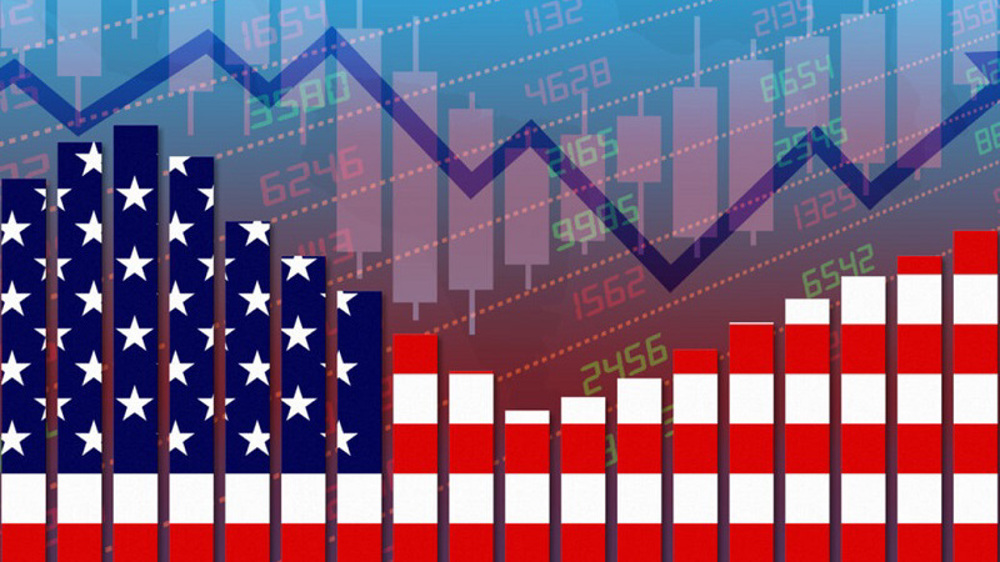
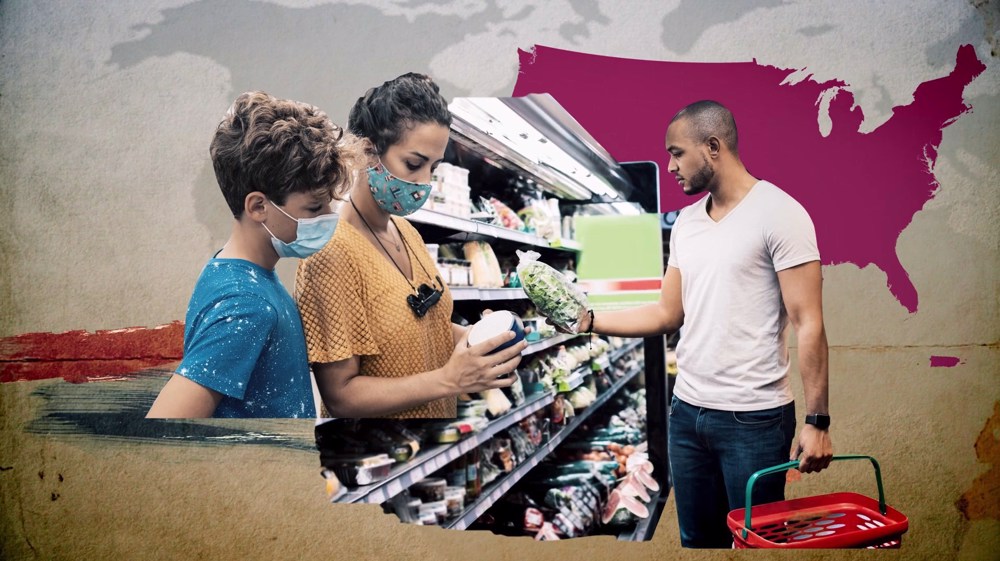
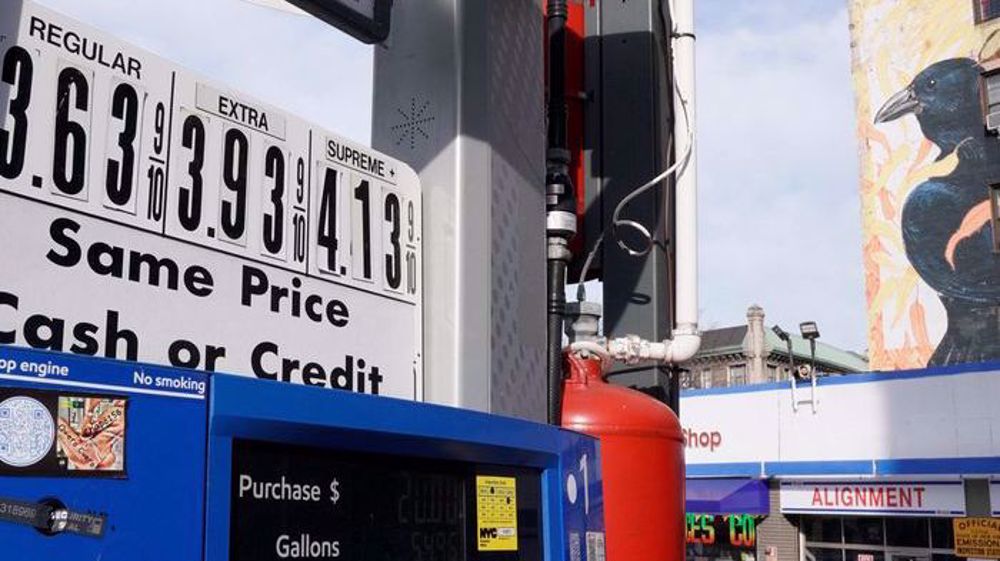
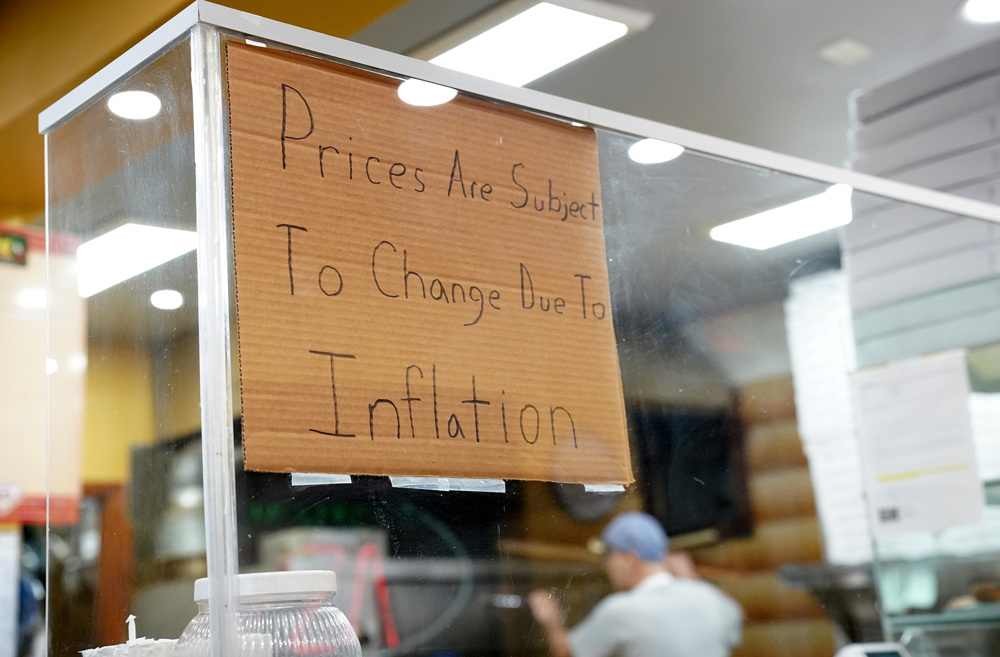
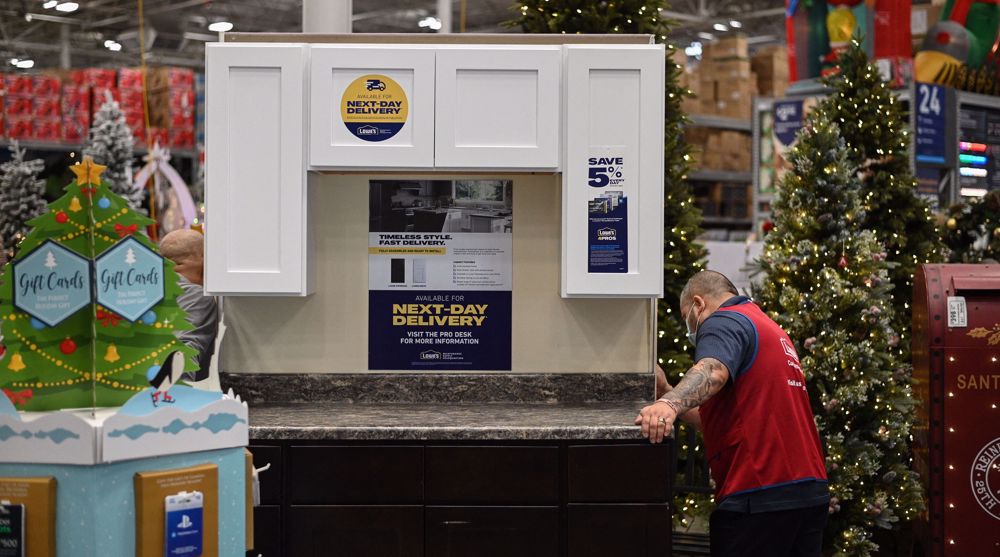
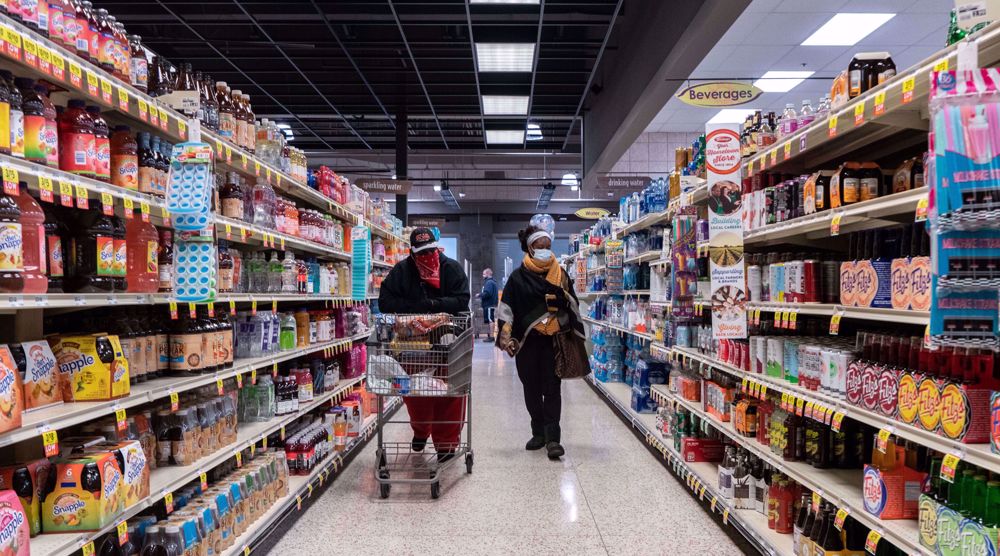
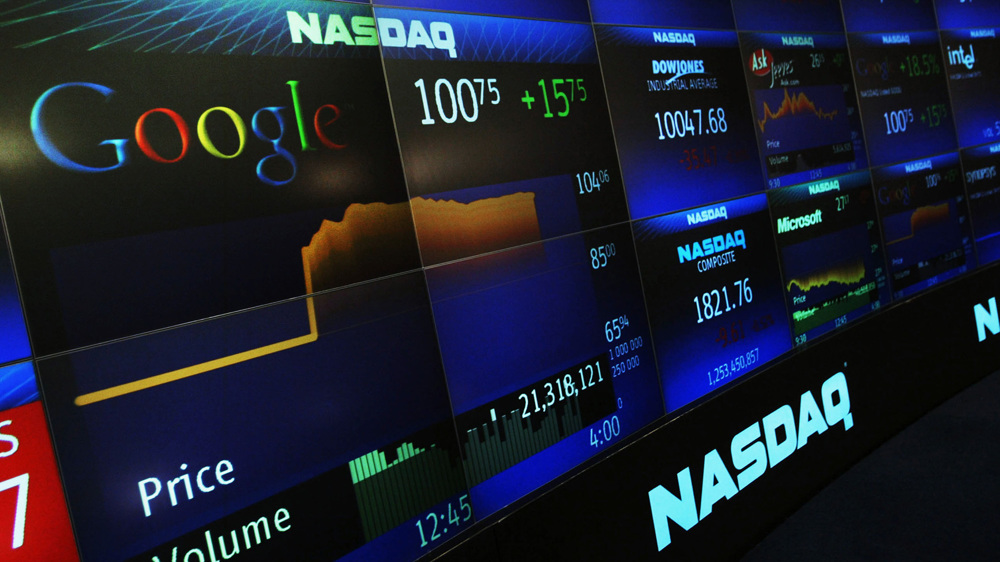
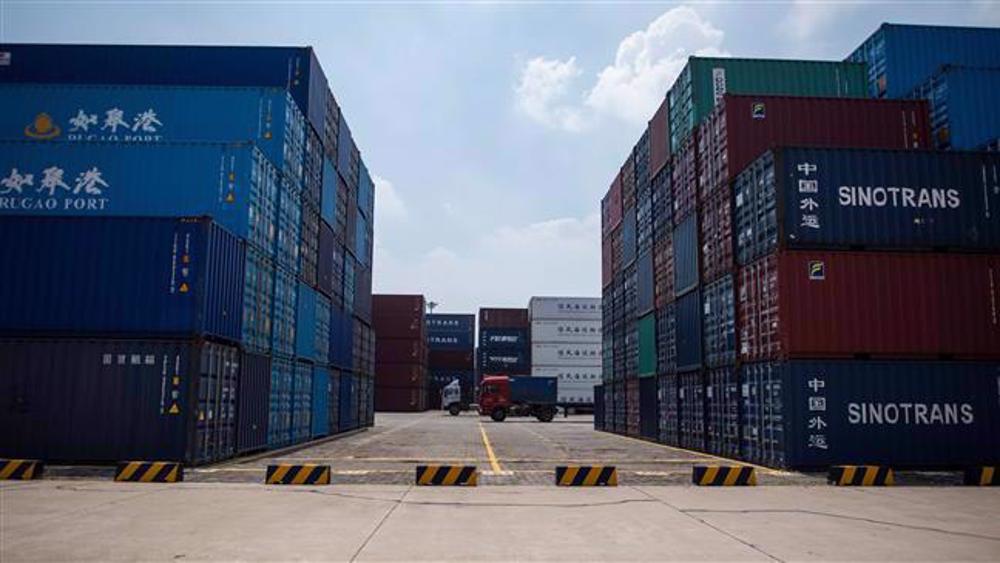
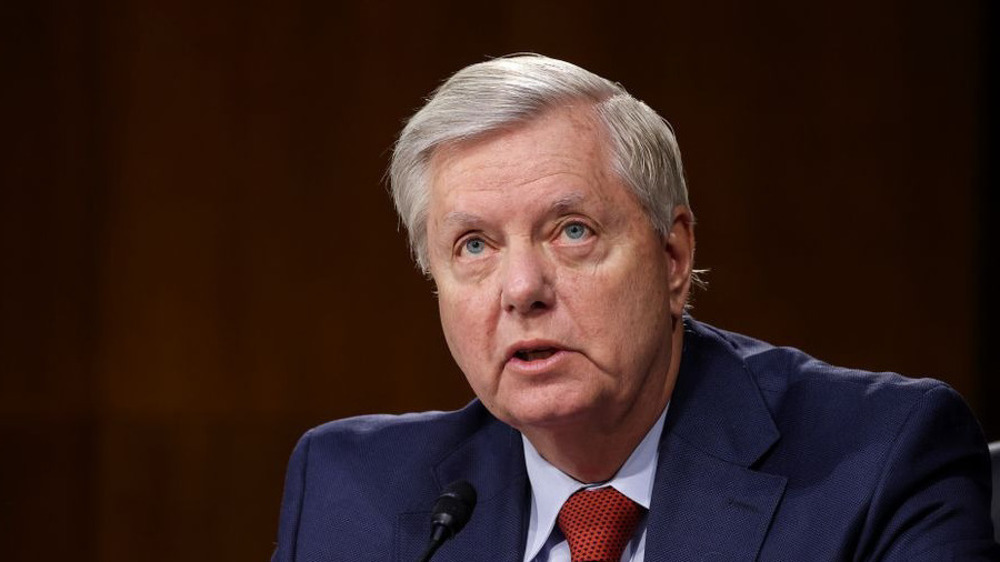
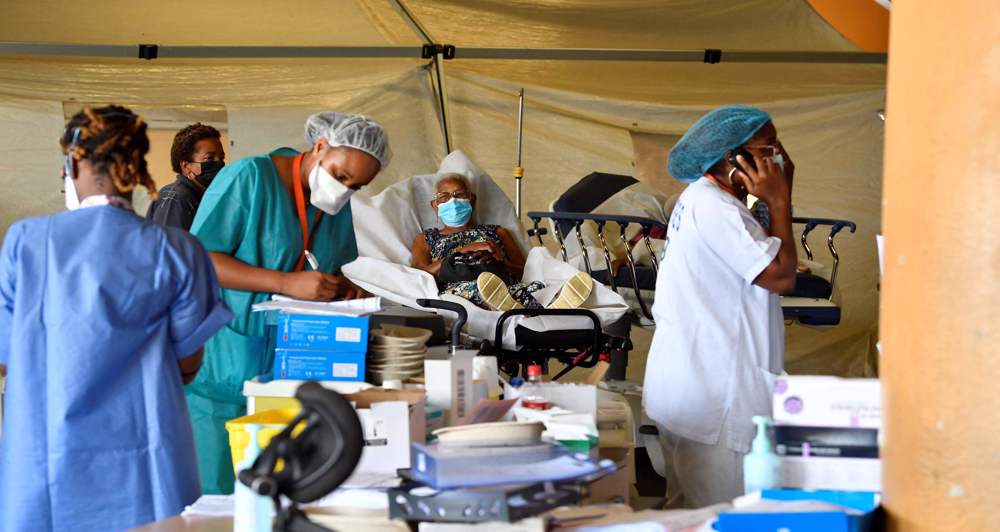
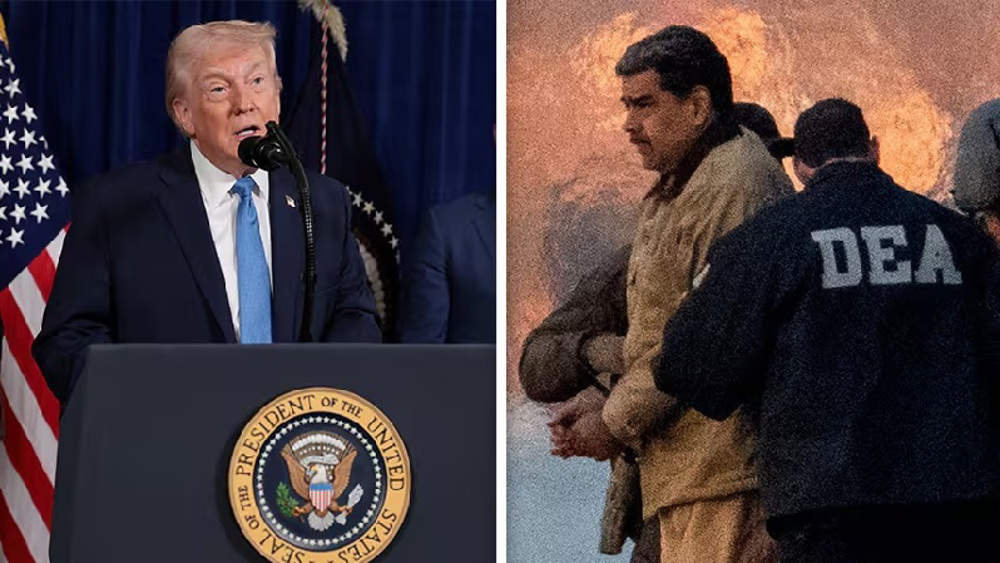

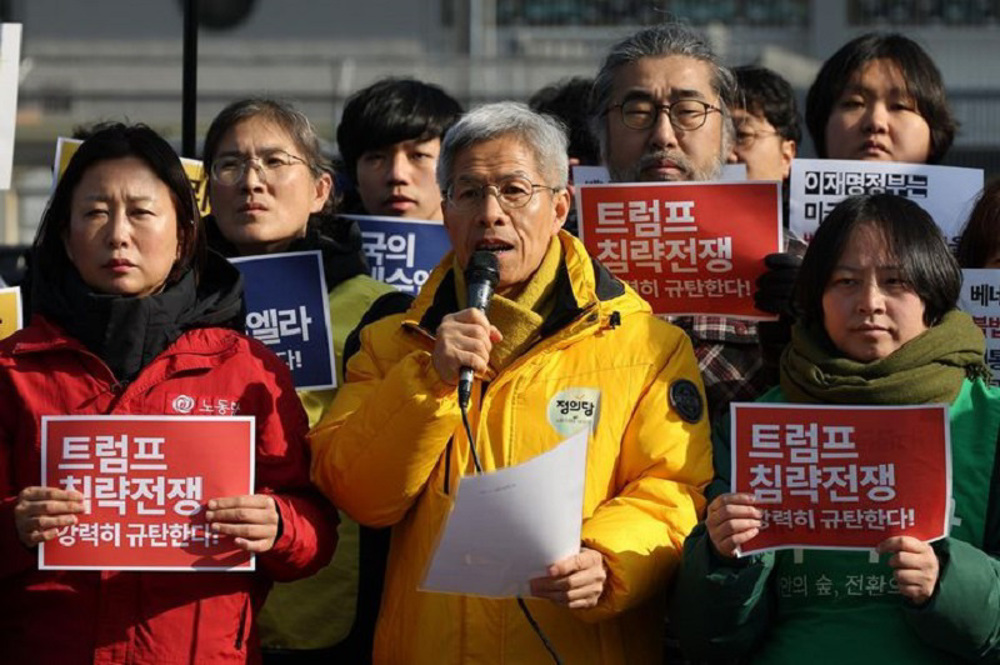



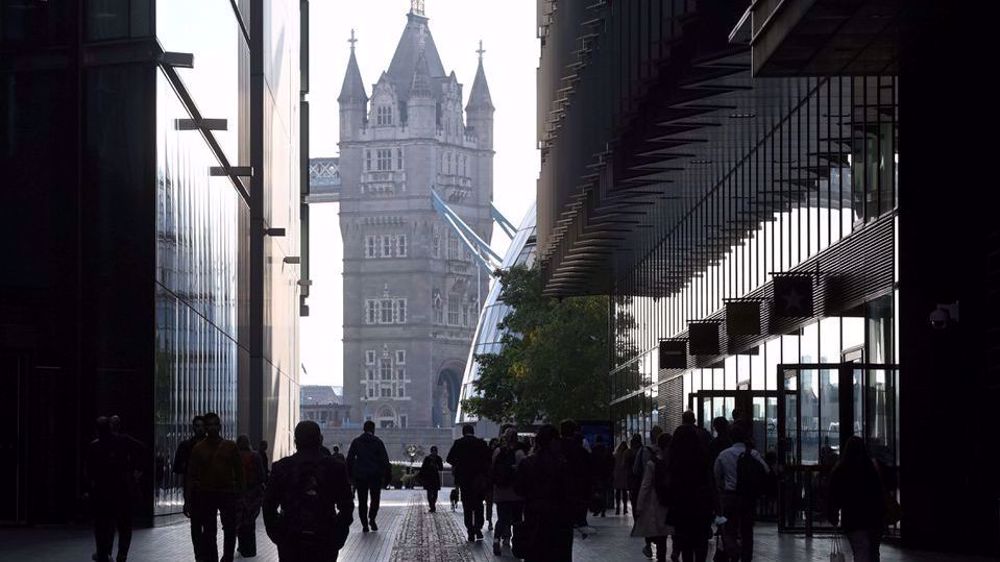
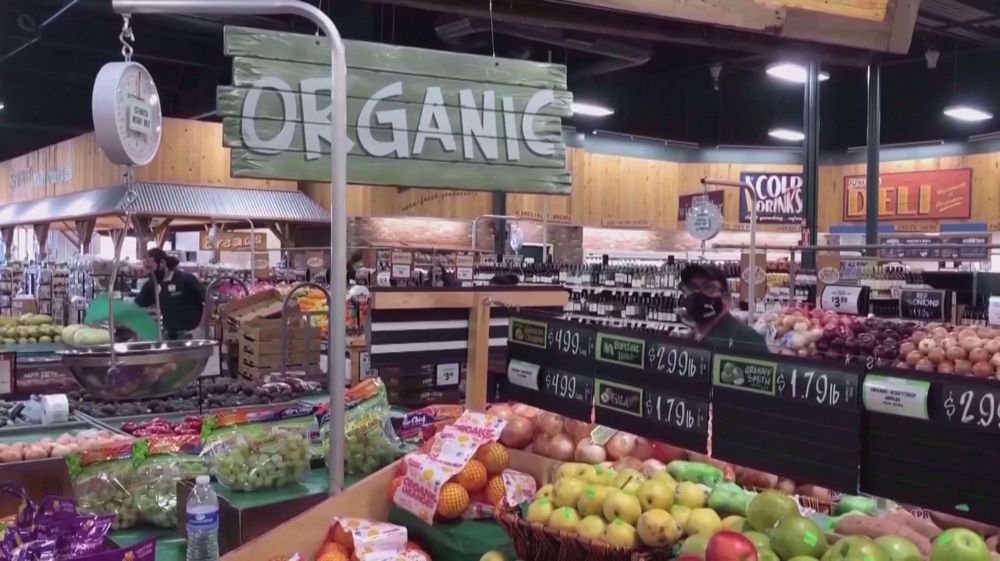
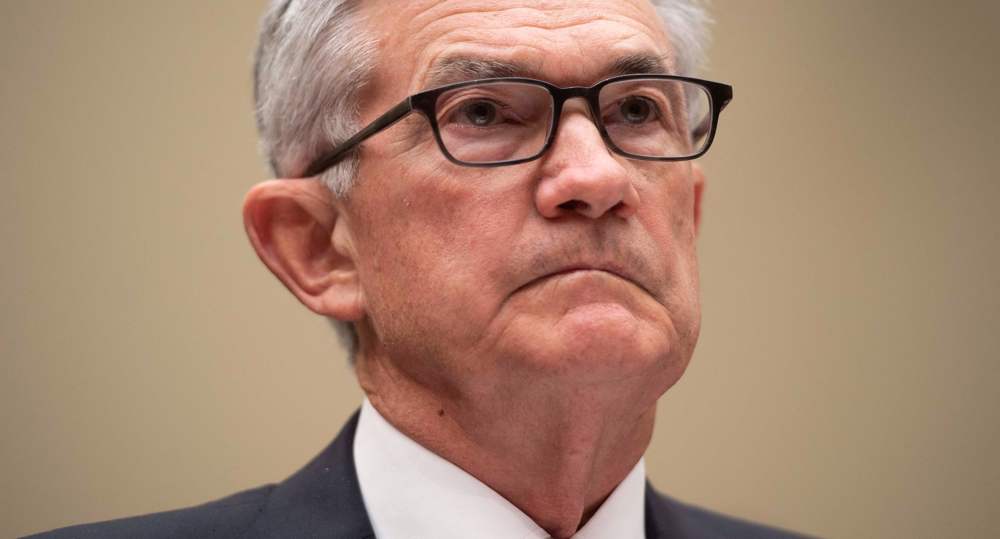
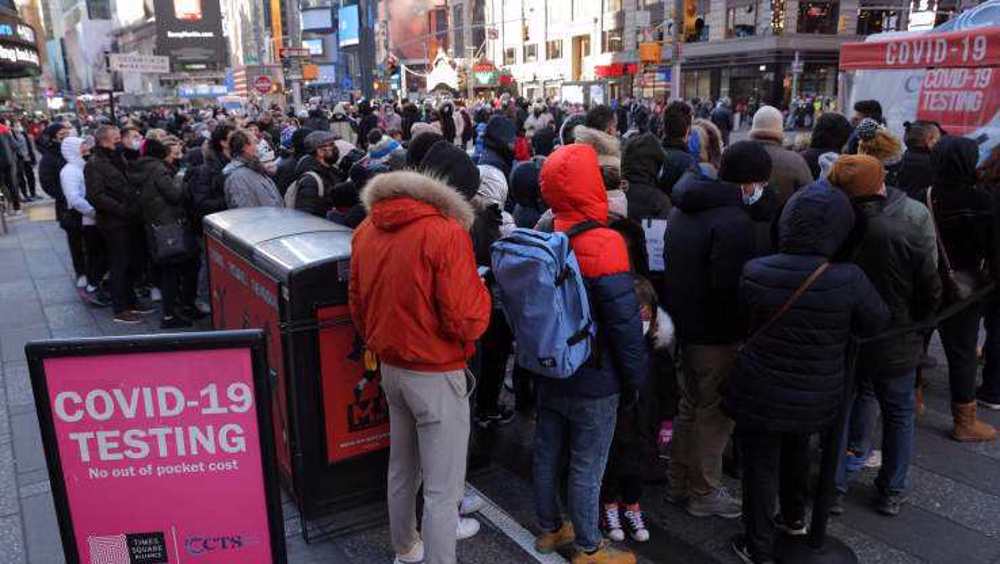

 This makes it easy to access the Press TV website
This makes it easy to access the Press TV website